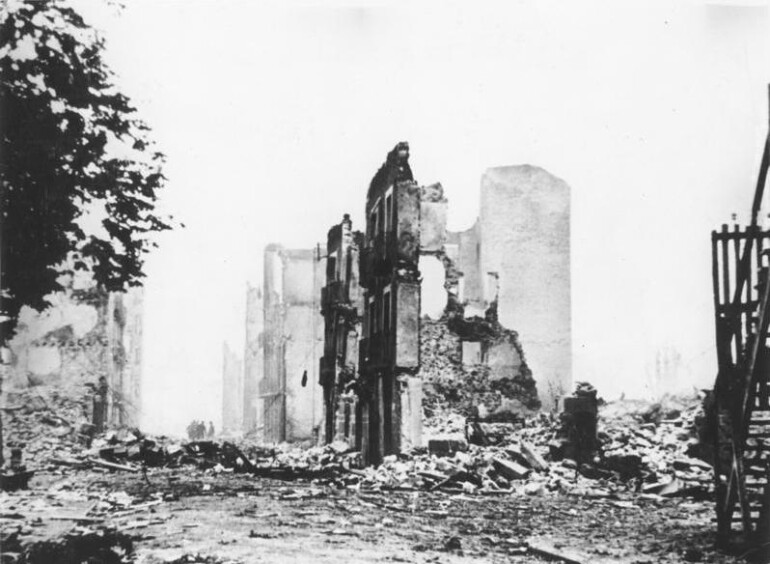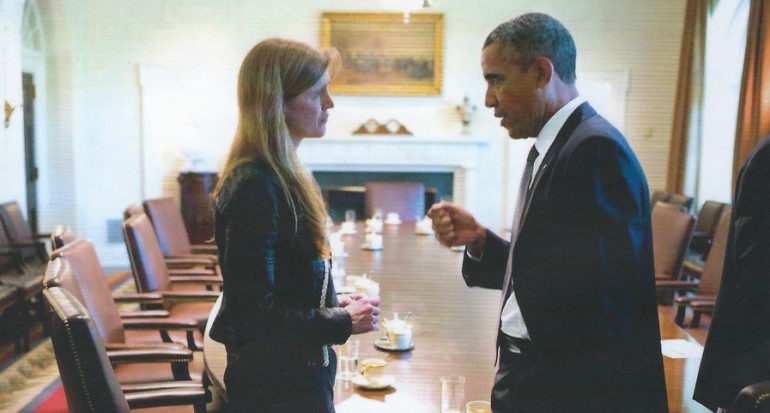Pictured above: Guernica, 1937
- by Jamie Arbuckle for Peacehawks
13 March 2022
Show us a vision of a world made new.
- Eleanor Roosevelt (1)
INTRODUCTION
Not so very long ago – mere weeks I think – we thought the Covid pandemic was one of the worst things to have befallen us in this still-young century. If we could just hang on long enough to survive that, we’d never worry again. And, earlier this year, it did seem we had turned some sort of corner, and we could relax just a bit. We still needed to continue to be careful, optimistic and grateful, but still …
How wrong we were. Now we find ourselves involved, peripherally or directly, in the worst humanitarian emergency in Europe since WWII.
Russia has again invaded Ukraine, West Europeans are scrambling with outdated and under strength defense establishments and our modern world seems paralyzed and frightened. The very fabric of a modern grouping of liberal democracies is directly threatened as never before in most of our lifetimes.
It is time for a brief stocktaking before we jump onto too many horses and try to ride off on all of them.
In this brief article, we will look at just two aspects of the current situation:
• We will review the Budapest Memorandum of 1994, which established the independence and sovereignty of Ukraine; and
• We will look at the strategy and the effects of air wars.


